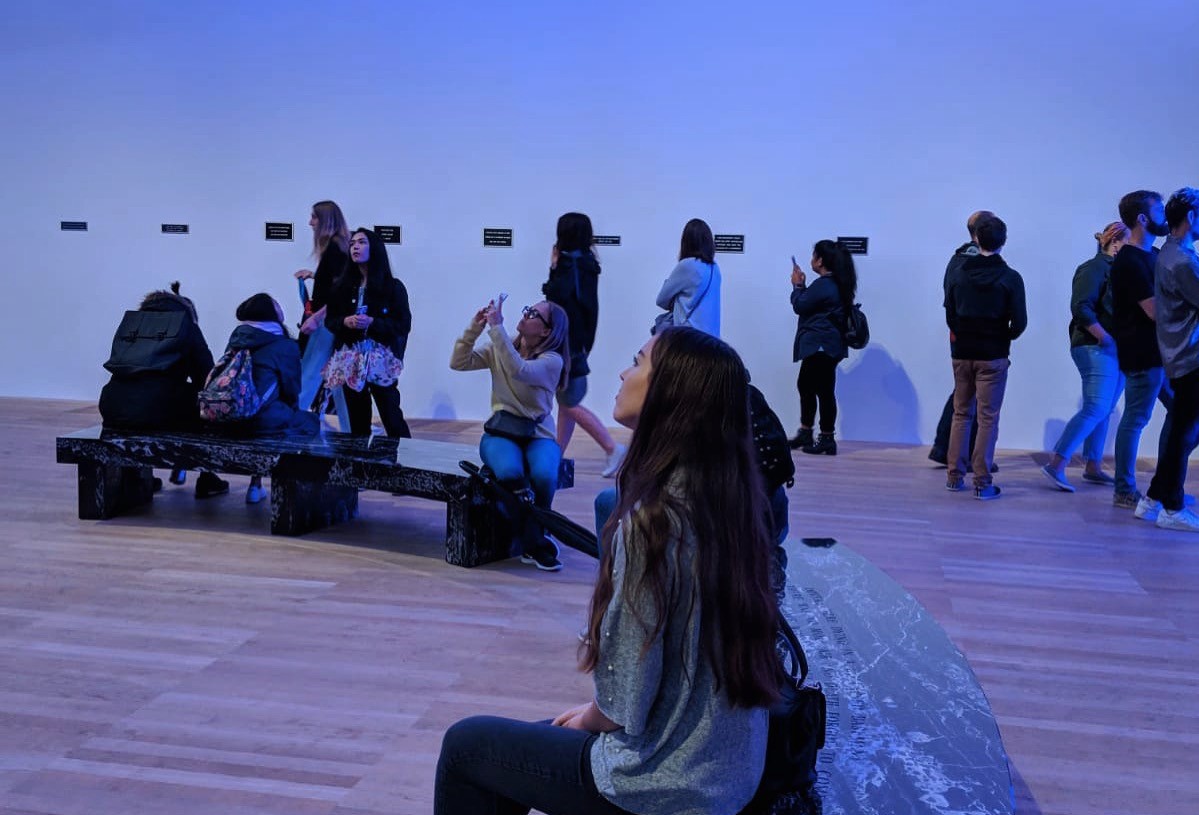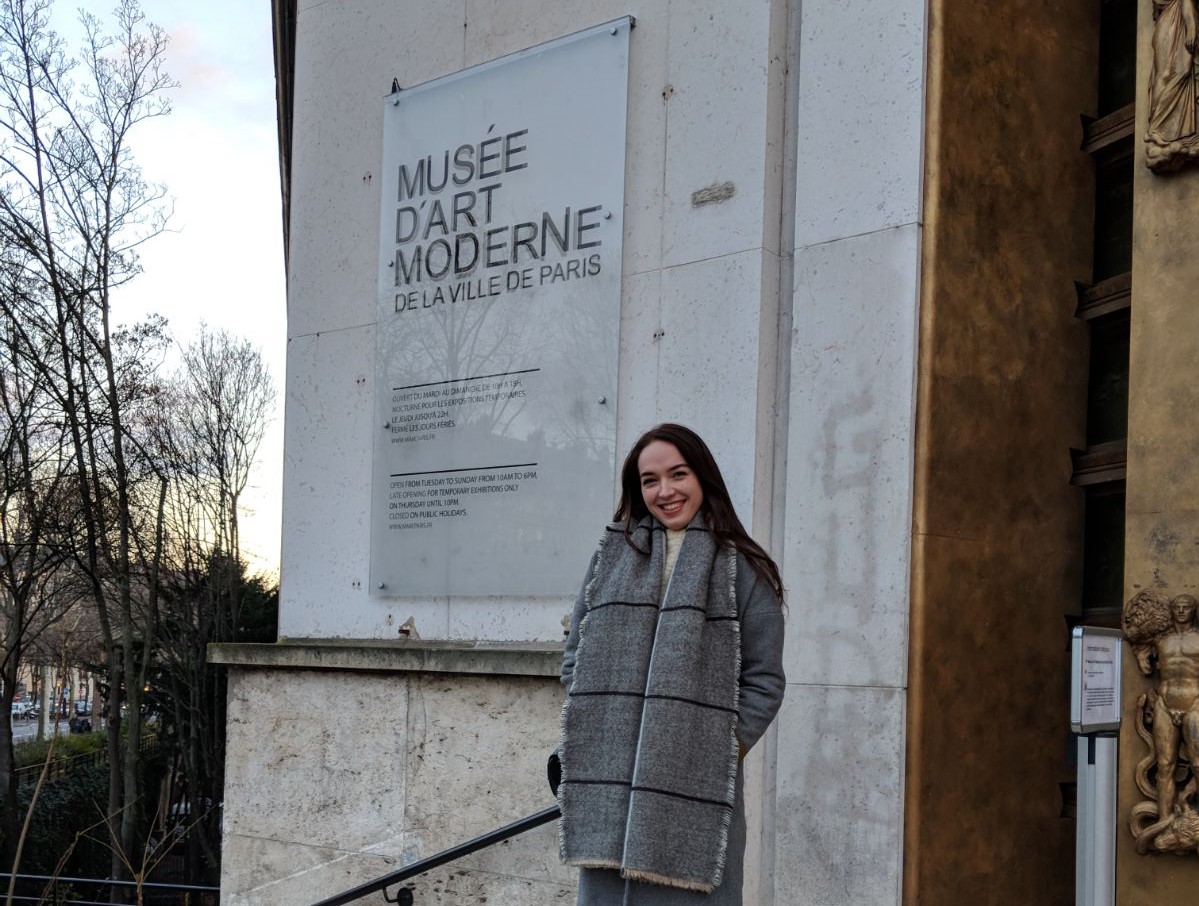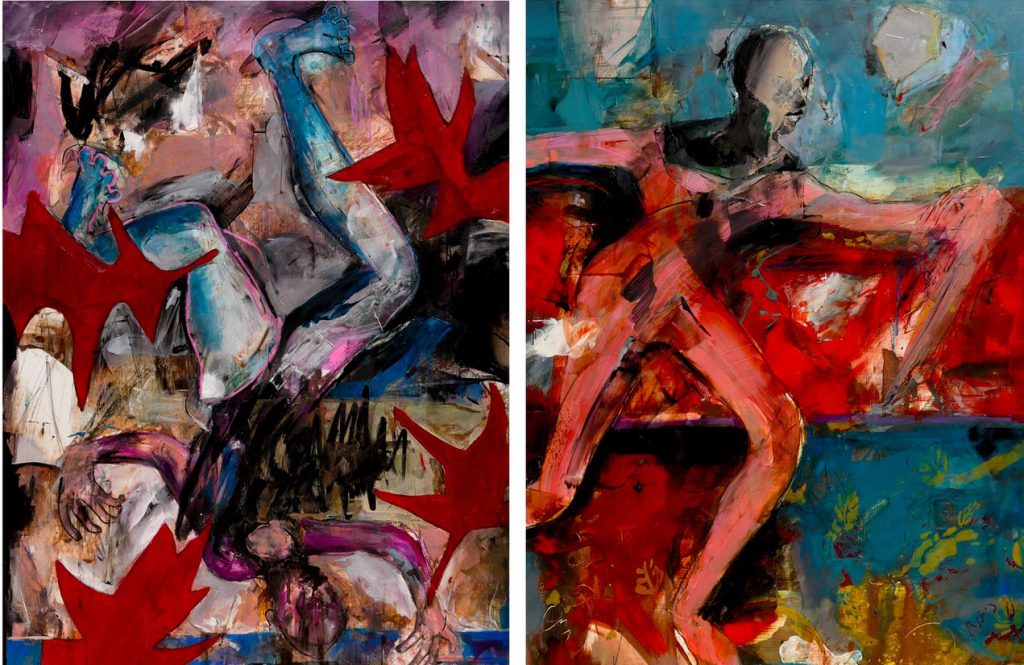Why should you choose to study Art History at university? I feel like I have made the case for studying art and its histories many times over on the blog! So, for this guest post we are joined by Soph, a recent Art History and French graduate. She explains the important skills and networks she developed during her degree, which have helped her secure a job just weeks after graduating.
Meet Soph
Hi I’m Soph, 22, and I graduated this summer in French and History of Art from the University of Birmingham. I’ve recently begun my graduate job as a PR Account Executive in London, which is a pretty fancy way of saying I write a lot of press releases. You can find my blog at www.sophisobel.com – I started blogging in 2016 whilst living in Paris for my Erasmus exchange and I haven’t stopped since!
Choosing Creativity & Challenge
When I considered different UCAS courses aged 17, I had brief criteria in mind: I wanted something creative, and I wanted a challenge. Having previously studied Fine Art, it was the suggestion of a teacher to consider Art History as part of a joint honours. I found a course, scraped the grades, and began my education at the University of Birmingham. Except, I didn’t really have any clue what sort of things I would learn, and I had even less of an idea about how this degree would help shape my future careers. Having graduated this summer and secured my first job, I’m finding some of my most valuable skills are from that very degree choice. Here’s why I think Art History is a compelling choice for your studies.
1. Reading and Research
It’s no secret that studying Art History involves a lot of reading and research. My classes would regularly involve chapters of complex reading and research for our weekly seminar preparation. As someone who had never studied the subject before, I also found myself doing further research to understand different technical terms so I could confidently contribute in class. The result is I’m very happy researching and learning about something completely new, and I’m very quick at doing so. It wasn’t uncommon to have a lecture at Monday lunchtime and have 100 pages of reading to do for Tuesday morning’s seminar. I’m also comfortable using varied research approaches, meaning that when it came to do my dissertation, I was teaching my housemate about databases and article banks she didn’t yet know. This skill is great for working life – I’m unafraid of wading through technical terms and jargon-filled writing to understand a topic, in a short amount of time.

2. Presentations and Public Speaking
Another activity that came with studying Art History is the amount of presentations required. Whether it was to my seminar group on a chosen topic, to my professors for an proposed research area or as an assessment, each module had several presentation elements. As someone who describes public speaking as my worst fear, this was a tough learning curve. Having to regularly put together presentations not only helped build my confidence in speaking, it also developed the professional quality of my work. Regular presentations also meant even if I didn’t quite grasp something, I could confidently talk about it and put forward my own interpretation.
3. Aesthetic attention to detail
This is something that has transferred directly into the work I’ve done since graduating from University. Art History often involves close visual analysis and this worked perfectly for some freelancing work I did for fashion copywriting. The ability to visually analyse something is an important skill and could apply to a variety of jobs – I’ve considered social media work, PR and marketing, all of which benefit from this skill. Being good at spotting details can help proofreading your work, or can make the difference between a good presentation and a brilliant one. When you learn to visually dissect anything in front of you it becomes second nature. I’ve found in creative job interviews it’s a fantastic skill to bring up.
4. Written Excellence
One of the most significant skills developed from studying Art History is the ability to write well. Most courses require, alongside the reading and research, a lot of essays. Beyond simply writing a lot, Art History is a degree that teaches you how to work with complex theories, apply them and propose alternatives in a succinct piece of writing. The broad cultural knowledge gained from the subject also helps to inform essays in a sophisticated way and this too has proved useful in journalism work I’ve undertaken. Learning to write well is a natural progression at degree level but the quantity of writing required in my degree definitely helped.
5. Networking
Most disciplines involve a level of networking and making connections, right from your first day at University. Something that has pleasantly surprised me is how welcoming and close the Art History alumni are. Given the subject can lead to literally any career, there’s a diverse group of Art Historians that I could turn to for any career advice. It’s a tight-knit community but it’s an incredibly supportive one. Not only has it helped me gain experience and opportunities, there’s a genuine desire to encourage any career from the subject, not just further academia. The art world also, to some extent, operates on a basis of ‘who you know’ – not in a negative sense, but in that creatives are often the first to support each other’s work. Learning how to successfully make a good impression and build positive relationships can provide support for you as your career grows.
6. Joint honours
As a joint-honours graduate, it often feels like you have to choose a side of your degree. Some job applications don’t even have the option to select multiple subjects. But aged 17, I had no idea what to expect from the Art History modules on my programme of study. It’s turned out to be incredibly valuable – the skills I’ve learned are transferrable to lots of disciplines. A joint honours degree does offer the option of broader study, and Art History pairs beautifully with Literature, History or Languages (my choice). It’s a subject that has proved crucial in the development of my writing and my confidence. More than anything, it’s definitely a subject that is worth considering for your degree.
Thanks for the advice on why you should (seriously consider) studying Art History, Soph!
Want to find out what other jobs you can go into from an Art History degree? I’ve listed 10 of the most popular here.
Ruth x


